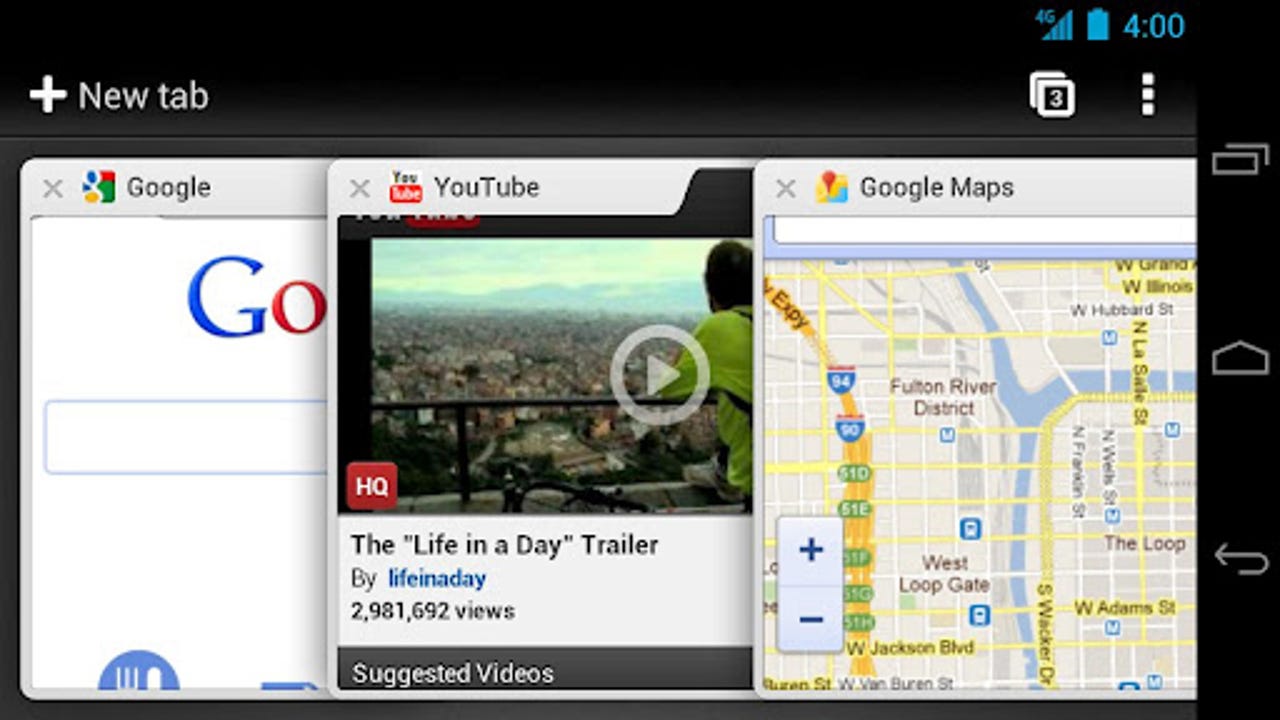With Google readying its own Nexus Chromebook, will it marry Chrome OS to Android?


The China Commercial Times (Chinese language link) reports that Google has placed hardware orders with Taiwanese manufacturers Compal Electronics and Wintek to produce a Chromebook with a 12.85-inch touch display. Could this be the start of Google merging Android and Chrome OS?
Chromebooks are lightweight laptop and desktop devices that use the Chrome Web browser for their primary interface, with Linux on the back end. There's really no reason why they couldn't use Android to support the Chrome interface. Indeed, Chrome is now the default Web browser for Android 4.x and higher.
While Chromebooks don't get as many headlines as Microsoft Surface and Apple iPads, the devices are quite popular. For example, Samsung's ARM-powered Chromebook is Amazon's top-selling laptop computer, as of November 27th. At the same time, Android now owns 72% of the entire mobile devices market--not just smartphones.
Review: The ARM-powered Samsung Chromebook
What would you get if you put these Android and Chrome OS together in a touch-enabled laptop? You might well get Windows' true desktop successor.
Think about it. Chromebook and Android smartphones and tablets are taking off. Microsoft's Surface marriage of the tablet and desktop is on the rocks. Pure PC sales, of course, continue to decline.
The Chromebook 2012 Gallery
Microsoft's reaction to its falling market share--and certainly its faltering market dominance--has been to try to follow Apple's path in creating a closed hardware/software ecosystem with Windows 8 and RT. Apple, with its charisma and dedicated fan base (and I do mean that in a nice way), has managed to get away with it. Microsoft, not so much. Google is offering a much more open path for both developers and users, on both Android and Chrome, that's clearly gaining in popularity. Wouldn't a combination Chrome/Android Linux desktop prove a winner?
This isn't a difficult hurdle. Android, with version 4.2, supports multiple users. Previously, this was always a weak point for business desktops. The actual merger of Android and Chrome wouldn't technically be difficult to do. Both are Linux-based system that use Webkit for Web browsing.
Leaving aside the technical aspects, Google co-founder Sergey Brin said as far back as November 2009 that, "Android and Chrome will likely converge over time." That time may well be sometime in 2013.
Related Stories: